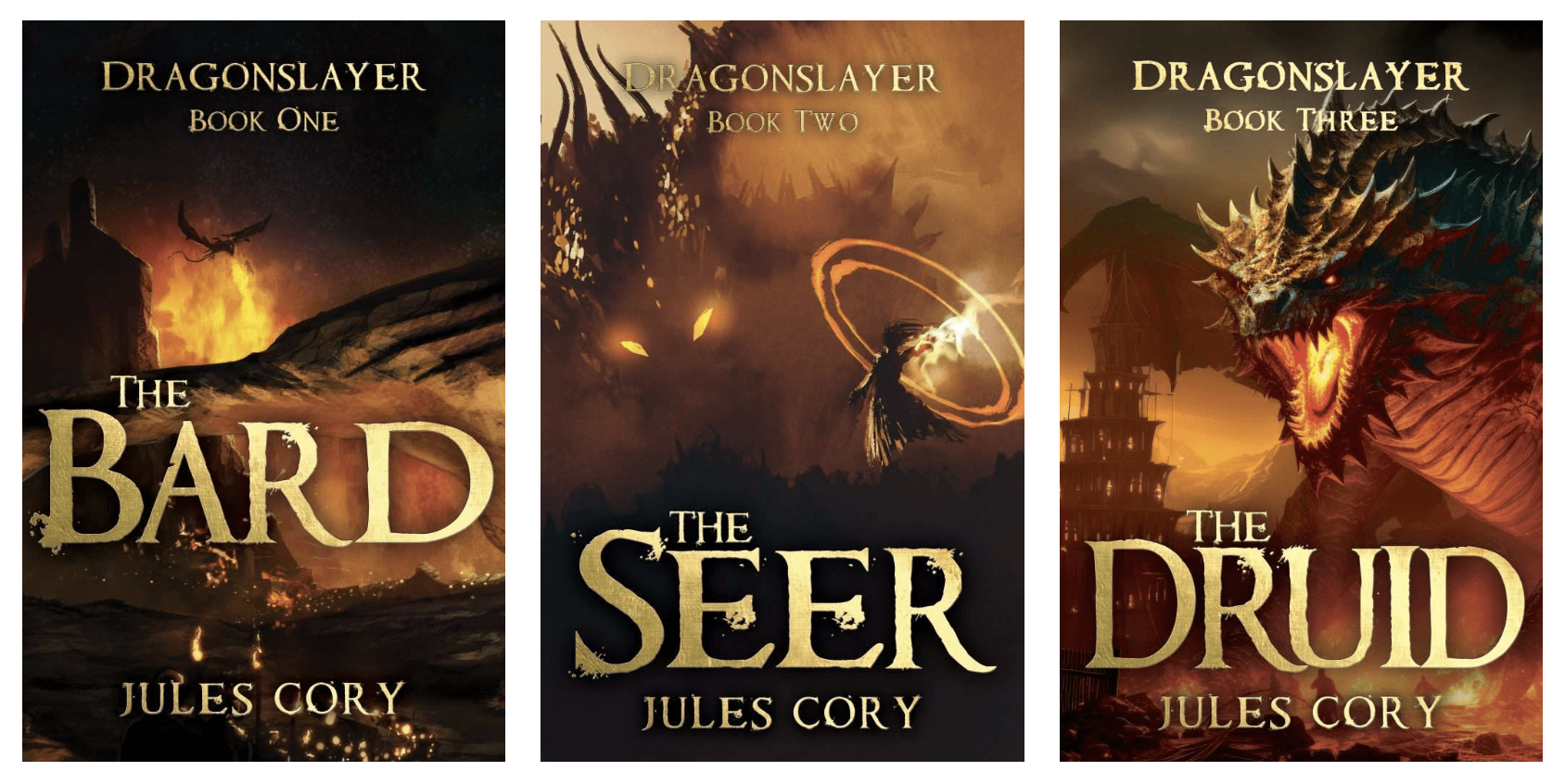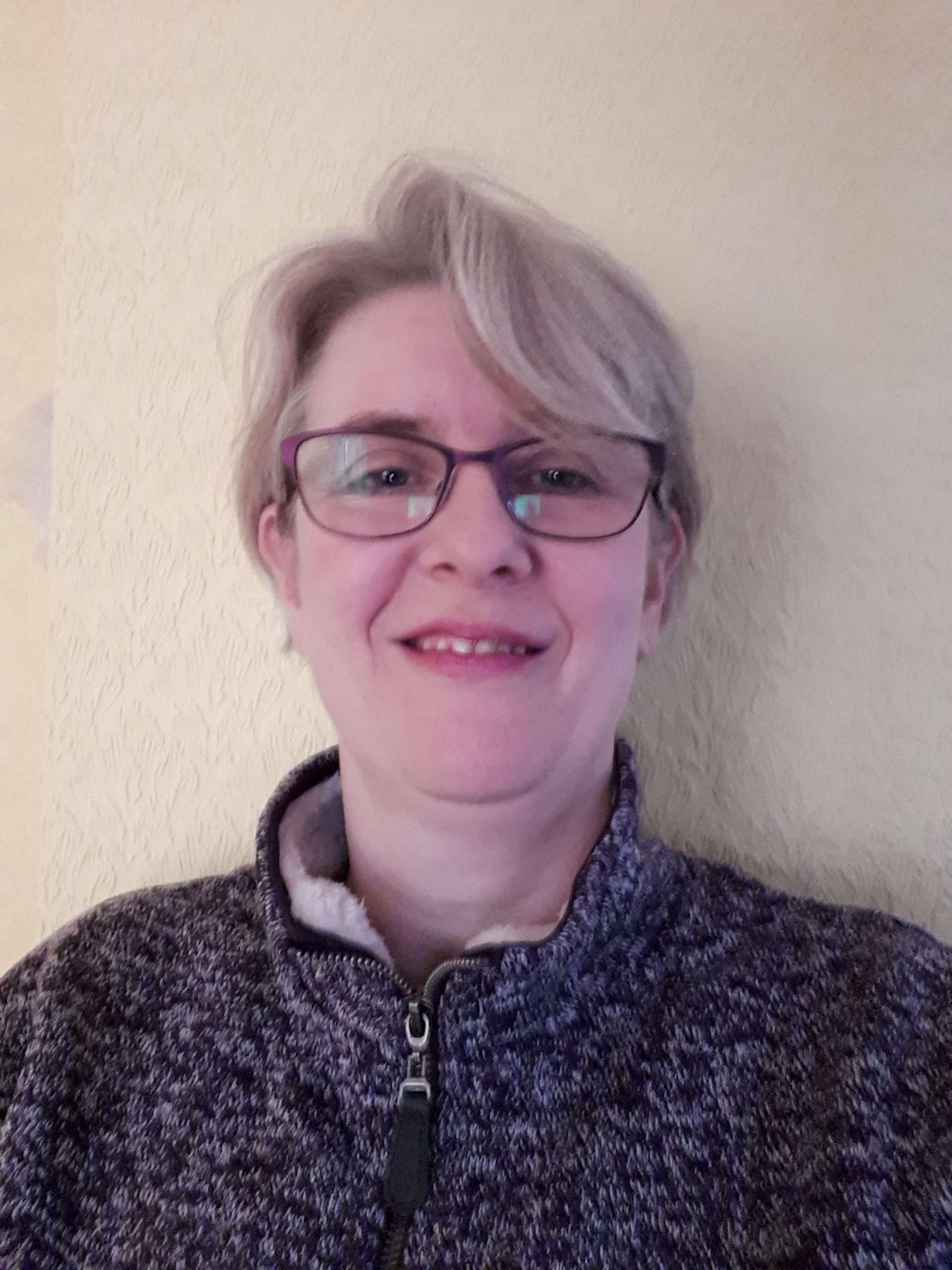With the final instalment of the Dragonslayer trilogy now in all good bookstores, fantasy author Jules Cory tells us how it all came together…

The Dragonslayer trilogy is my first series of novels and, to be honest, it has been something of a steep learning curve. I had written a number of essays for my veterinary nurse qualifications and had published several articles for professional journals, but this was different. No rules. No boundaries. No limitations. And that was a little scary.Â
The idea for the story arc had been in my head for years. I knew how it would begin, how it would end, and a few key markers along the way. My brain constantly offers scenarios that could be turned into stories or conversations between characters – when I’m listening to music, watching television, people watching in the supermarket, when I’m supposed to be paying attention in a work meeting! Walking my dog within the beautiful Thetford Forest is generally when I review and refine these ideas into something more defined and concrete. I find the peace of walking in nature very inspiring, surrounded by trees, serenaded by birds, and watching the gentle flow of the Little Ouze river.
Although the ideas may come thick and fast, turning them into a full-bodied story is another matter. For me, this is where the ‘graft of the craft’ begins.Â
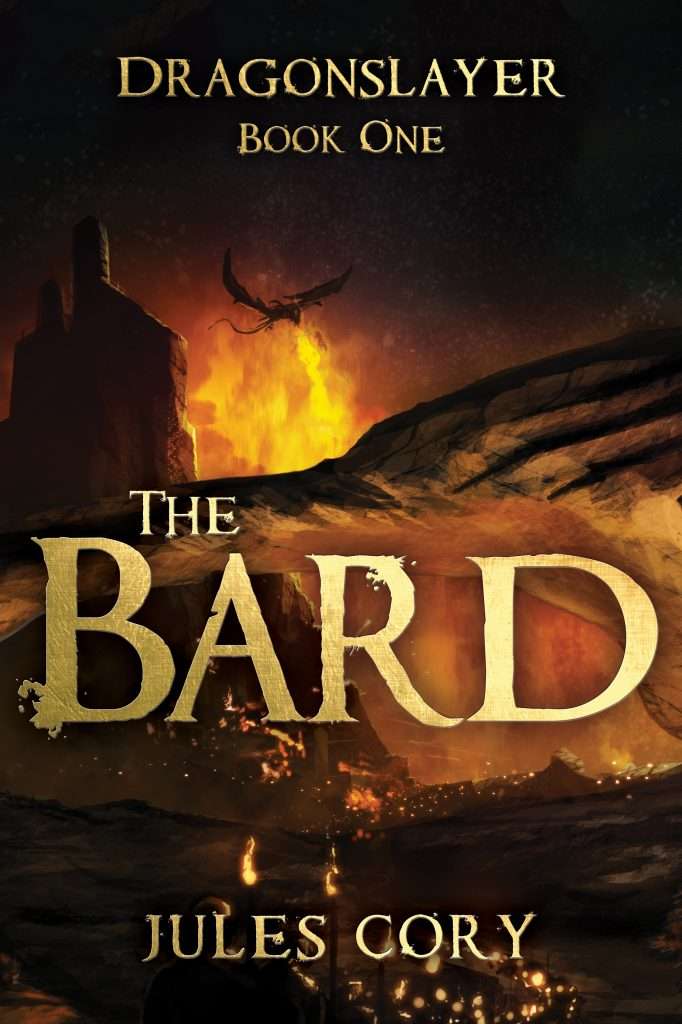
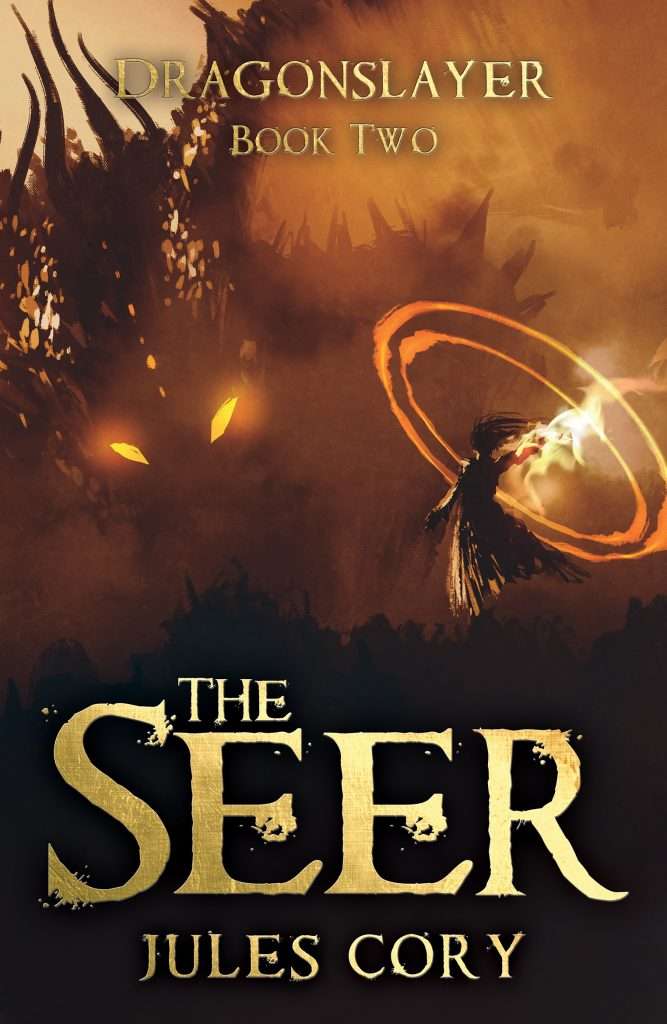
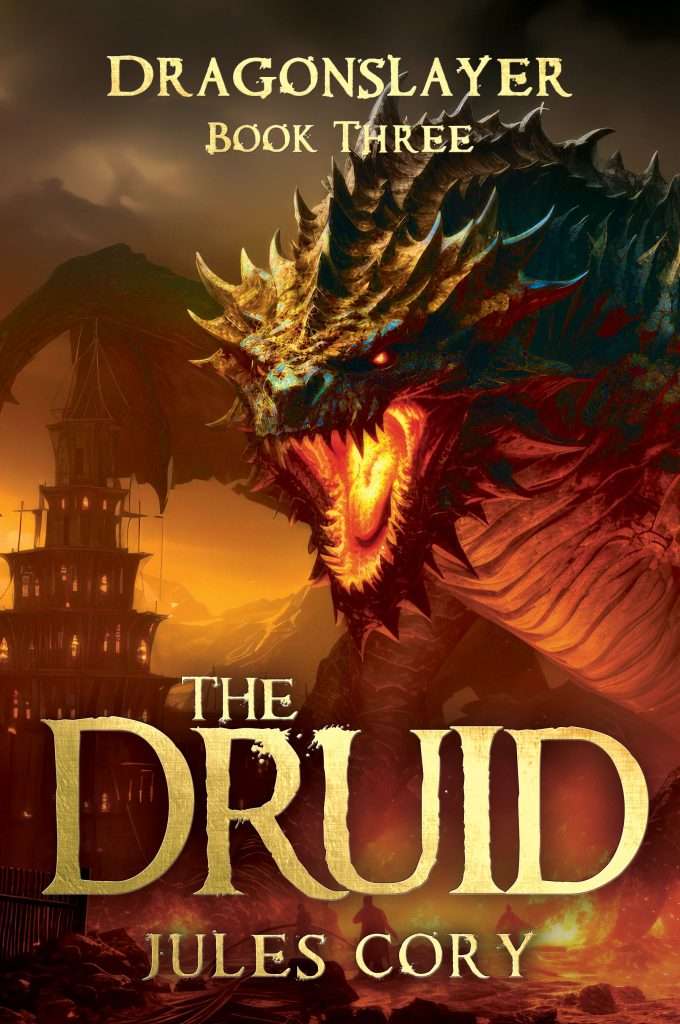
I started with what I knew and approached the creation of a novel as I would the production of an essay. How many chapters did I want, roughly? How long did I want each chapter, roughly? What key points did I need in each section to present my beginning, middle and end? I created a structure and framework that I could use to guide me through the tens of thousands of words – actually, hundreds of thousands of words. That thought was too overwhelming so I brought it back to basics and split the total into manageable chunks.
All three books in the Dragonslayer series were based on a 5-chapter structure, although by book three (The Druid) I was going a little off-script. As with the overall arc of the story, each 5-chapter section was built around the key points I needed to present, along with the information needed to get to those key points or provide the appropriate context. One of my joys in reading fantasy is the world-building and the imagery created by the words on the page. I found immense pleasure in playing with words and phrases in an attempt to get the images out of my head and onto the page. Believe all the memes about authors spending a ridiculous amount of time searching for synonyms for common words or another way of describing the colour blue!
Despite my carefully structured framework, I found quite early on that the story and my characters did not follow instructions very well. My process of turning the flood of random ideas into a cohesive novel develops much like a conversation – the reply responds to the previous comments. The first sentence would guide the need for the second sentence, which would guide the content of the third. The key point, whether character development or driving the plot forward, would be the destination but the journey to get there would often meander into side roads and territory I had not expected. Some of my favourite sections in the books were not planned and developed spontaneously from the evolving characters and plotline.
I feel my skills as a writer have improved over the course of the Dragonslayer series, from a newbie novelist to an author of three published books. The hours I spent manipulating words and phrases to clarify the motivations of the characters or the challenges they face gave me the confidence to bring the story to its dramatic conclusion. The emotional highs when the creative process sings and words tumble onto the page with a will of their own supported me when I struggled to write a single, coherent sentence. I hope my readers enjoy the journey as much as I did writing it.      Â
Want to tell us about your own writing process? Get in touch here.

